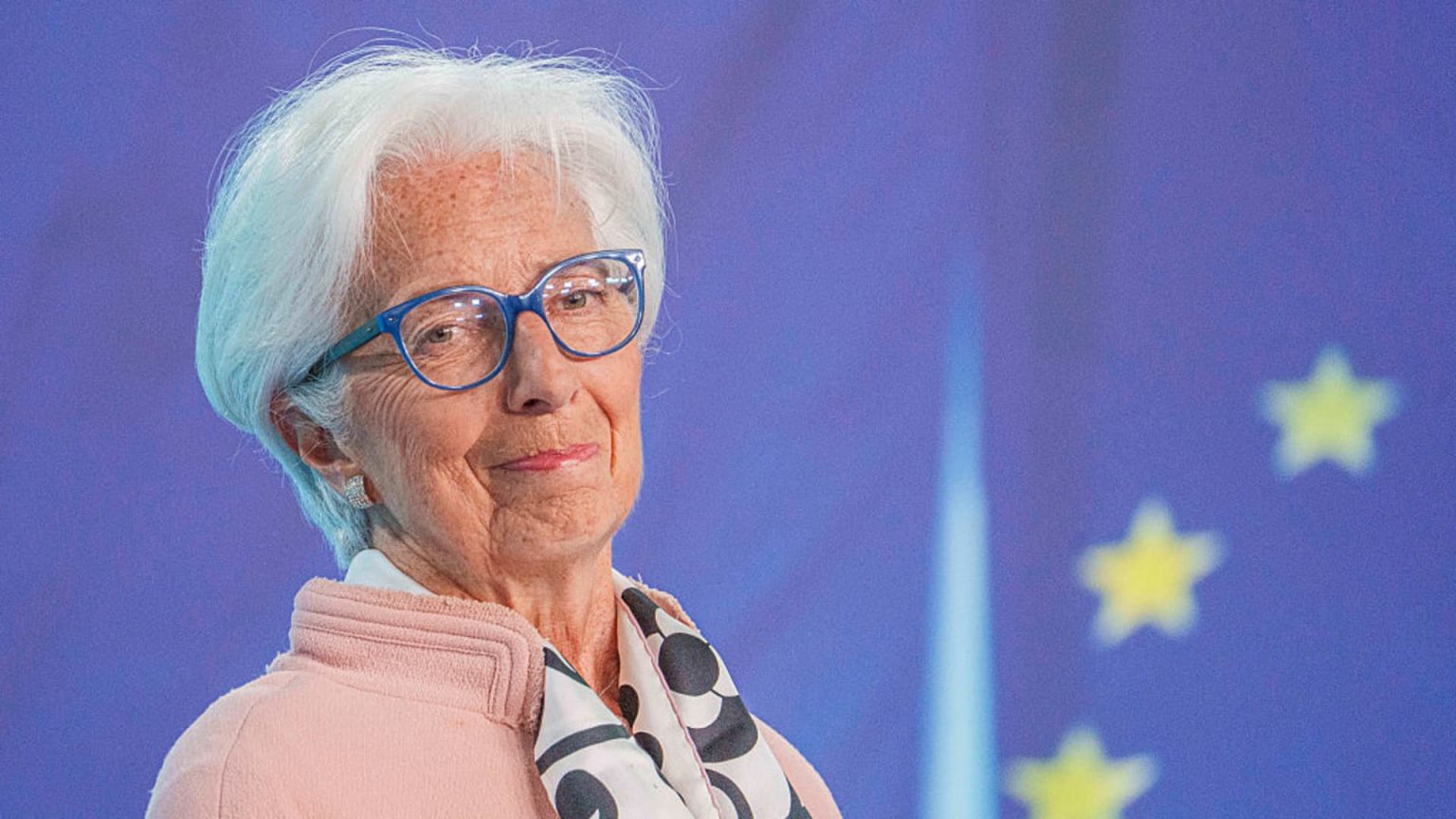The euro has recently experienced significant gains against the U.S. dollar amidst ongoing uncertainties surrounding President Trump’s tariff policies. European officials are keen to capitalize on the wavering confidence in the dollar, which has been the dominant currency in global trade and reserves. As geopolitical tensions shift, the European Central Bank is exploring the potential for the euro to enhance its international presence. Various economic analysts are weighing in on the possible implications of these changes as they unfold.
| Article Subheadings |
|---|
| 1) Tariff Policies and Their Impact on the Dollar |
| 2) The Role of the Euro in Global Trade |
| 3) European Central Bank’s Strategic Outlook |
| 4) Analysts Weigh In: Euro’s Potential Gains |
| 5) Challenges Ahead for the Euro |
Tariff Policies and Their Impact on the Dollar
The uncertainty surrounding President Trump’s tariff policies has introduced significant volatility in U.S. assets, particularly affecting the value of the dollar. As the most commonly held reserve currency globally, the dollar typically accounts for approximately 60% of all foreign exchange reserves. This robust status makes the dollar integral to international trade, especially for commodities like oil and gold. Moreover, the dollar serves as a benchmark for several other currencies, including the Hong Kong dollar and the Saudi Riyal. In this complex economic landscape, market forces are scrutinizing the movements of the dollar against various currencies, especially the euro.
The Role of the Euro in Global Trade
In stark contrast, the euro holds the second position in the international currency hierarchy, comprising about 20% of global foreign exchange reserves. Recent shifts in geopolitical dynamics have prompted European officials to advocate for increased euro utilization in international trade. The dollar index, which measures the dollar’s strength against a basket of other currencies, has plummeted more than 8% since the start of the year. Such a drop presents an opportunity for the euro to take greater precedence in global financial transactions, especially when confidence in the dollar wanes amidst tariff uncertainties.
European Central Bank’s Strategic Outlook
During a recent speech at the Hertie School in Berlin, European Central Bank President Christine Lagarde emphasized that the current geopolitical climate might usher in a more significant role for the euro on the world stage. “Multilateral cooperation is being replaced by zero-sum thinking and bilateral power plays,” she stated. She outlined the necessity for Europe to bolster its geopolitical standing, thus fostering an environment that allows the euro to enhance its international profile. Lagarde noted that this shift is not guaranteed but is within reach if the appropriate policies are enacted.
Analysts Weigh In: Euro’s Potential Gains
Market analysts are divided regarding the euro’s prospects for usurping a portion of the dollar’s market share. On one hand, some analysts, like George Buckley, chief European economist at Nomura, believe that the euro could witness upward momentum as global investment patterns shift. “If they’re thinking of switching out of the dollar, the euro is an obvious choice,” Buckley noted, highlighting the robustness of the European market as a trading bloc. He anticipates that the euro could rise to around $1.20, reflecting a noteworthy increase in value from its current rate of approximately $1.13.
Challenges Ahead for the Euro
Conversely, some industry experts caution that the euro still faces significant challenges despite its recent performance. Aaron Hill, chief market analyst at FP Markets, remarked that while December’s euro gains against the dollar might seem promising, the euro’s limitations must not be overlooked. Political fragmentation within the European Union and dependence on U.S. security frameworks pose substantial barriers to the euro’s ambition to challenge the dollar’s supremacy. Hill warned, “The euro lacks the cohesion and reach to challenge the dollar’s supremacy in the near term.” This skepticism highlights the complexity of the currency dynamics influencing global markets.
| No. | Key Points |
|---|---|
| 1 | The euro has gained strength against the dollar due to uncertainty in U.S. tariff policies. |
| 2 | The dollar retains its status as the leading global reserve currency, but its dominance is being challenged. |
| 3 | Europe seeks to leverage its geopolitical position to boost the euro’s international role. |
| 4 | Various analysts offer differing perspectives on the euro’s potential to capture the dollar’s market share. |
| 5 | The euro faces internal challenges that may hinder its ability to compete with the dollar effectively. |
Summary
The ongoing volatility in U.S. assets, driven by President Trump’s tariff policies, has opened avenues for the euro to assert itself more prominently on the global stage. While European officials champion this potential shift, analysts express mixed views on whether the euro can overcome its internal challenges to rival the dollar effectively. The dynamics of currency value, political considerations, and economic strategies will all play critical roles in determining the ultimate trajectory of the euro’s influence in international markets.
Frequently Asked Questions
Question: How do U.S. tariffs affect the global currency markets?
U.S. tariffs create uncertainty in the financial markets, which can lead to volatility in the dollar’s value, thus impacting trade and investment decisions globally.
Question: Why is the euro considered a second-tier currency compared to the dollar?
The euro is classified as a second-tier currency due to its smaller share in global reserves and its lack of the same universal acceptance and security that the dollar provides to investors.
Question: What steps is the European Central Bank taking to bolster the euro’s global position?
The European Central Bank is focusing on strengthening Europe’s geopolitical stability, enhancing its economic foundations, and reinforcing the rule of law to provide a more solid framework for the euro’s growth as a global currency.


